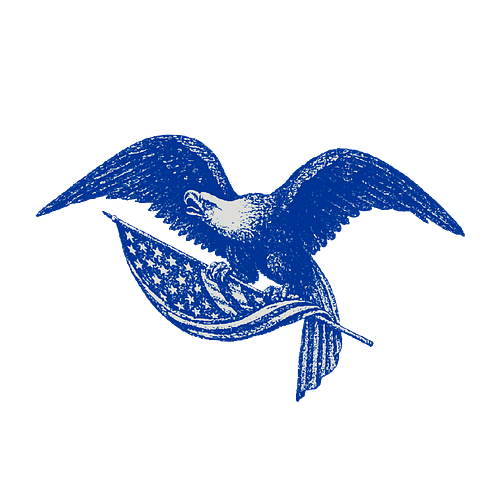
Almost 10,000 new citizens pledge allegiance to the United States of America during a naturalization ceremony at Miami's Orange Bowl Stadium. (Getty Images)
Our history belongs to me no less than to any Mayflower descendant. Maybe more, writes Martin Gurri, since I knew too well the alternative to freedom.
471
In April, we published Martin Gurri’s essay on the problem of abundance, in which he explored why so many Americans feel empty even though we’re living in the most affluent nation in the world. Today, on our country’s birthday, Martin takes the flip side, celebrating what makes America exceptional, and how this has inspired so many immigrants to move he…
Continue Reading The Free Press
To support our journalism, and unlock all of our investigative stories and provocative commentary about the world as it actually is, subscribe below.
$8.33/month
Billed as $100 yearly
$10/month
Billed as $10 monthly
Already have an account?
Sign In



